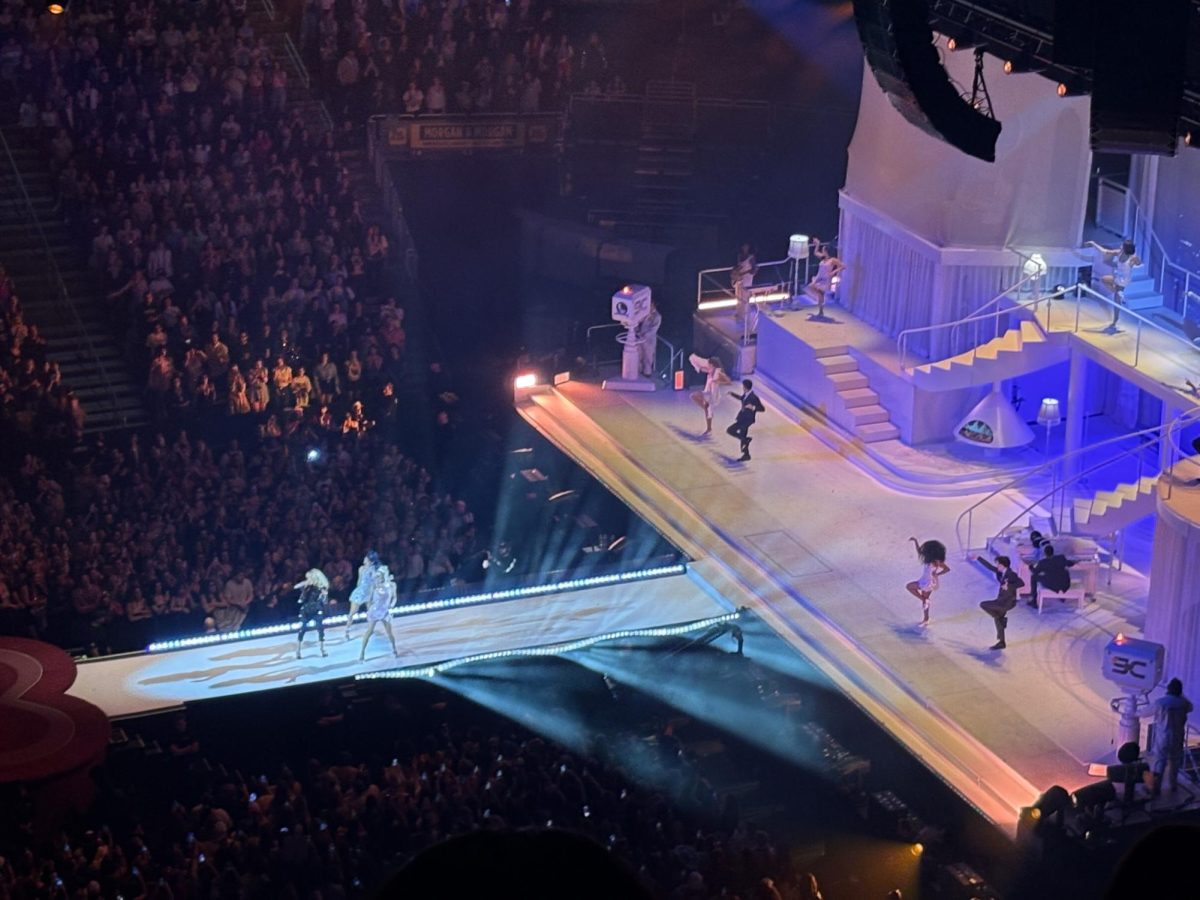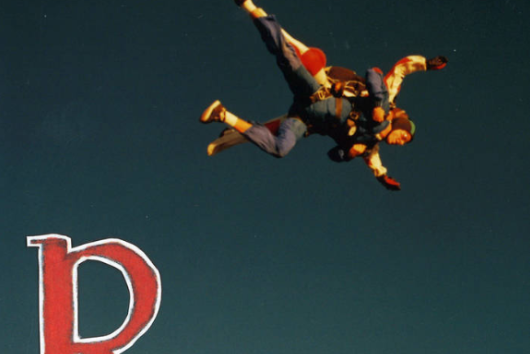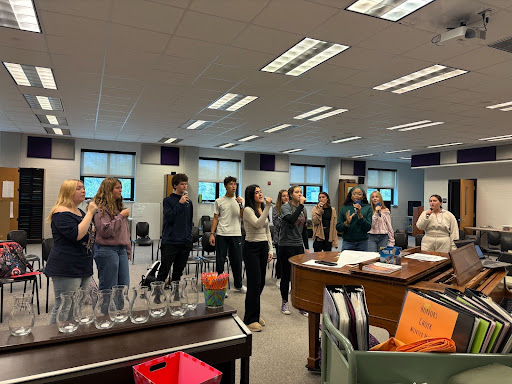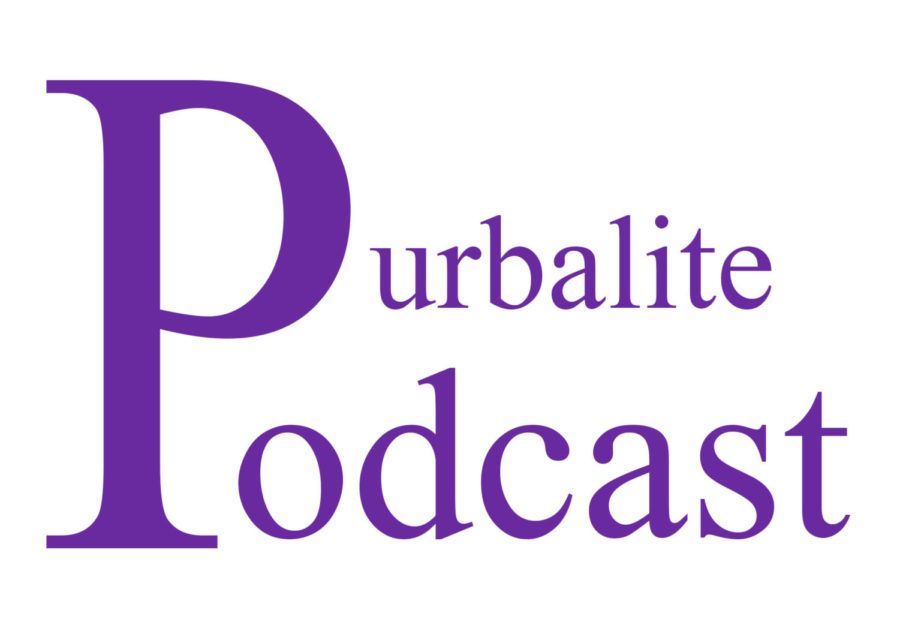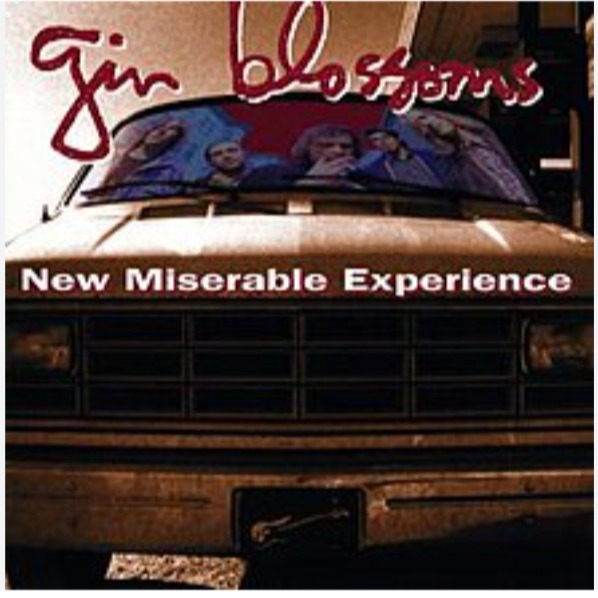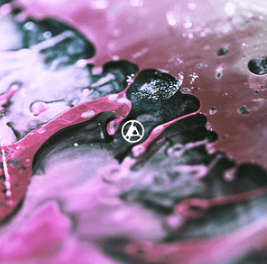Fission, the second studio album from Dead Poet Society, expands the band’s habitual pop-rock sounds while offering a more upbeat selection.
After years of experimenting through their music, it seems that Dead Poet Society has nestled in stylistically, and have truly discovered their own unique sound, seemingly inspired by a melting pot of classic emo bands like Fall Out Boy, along with the modern hardcore scene.
The album opens with “5:29:45”, giving listeners a sense of the intensity and instrumental talent packed into the release.
Fission strays away from previous dramatic and slower tunes, but still contains intense guitar and bass combined with Jack Underkofler’s distinctive raw vocals, which are especially highlighted in tracks like “Running in Circles.”
Generally speaking, Fission is more polished than the band’s previous works. But a key component of Dead Poet Society’s music, which remains prominent in Fission, is the usage of raspiness and distortion.
While staying true to the band’s usual sounds, Fission experiments with melodic variety and produces many fresh tracks, like “Hurt” and “I Hope You Hate Me.”
Many rock bands tend to shy away from pronounced baselines, but Dead Poet Society commonly embraces it, and bassist Dylan Brenner’s influence is far from hidden in their recent release. The album offers fresh instrumental timings, which is refreshing to fans of similar genres who are bored of the same basic backing tracks.
Even as Fission comfortably portrays the band’s heavier abilities, it has many softer moments, expressing many vulnerable emotions. Track “Tipping Point” is a prime example of this, as it slows down the energy of the tracklist, while still capturing fervorous intensity put into Dead Poet Society’s music.
Overall, Fission holds up to the standard set by Dead Poet Society’s previous works, while still surprising fans with new sounds, and offering a unique listening experience to new listeners.



